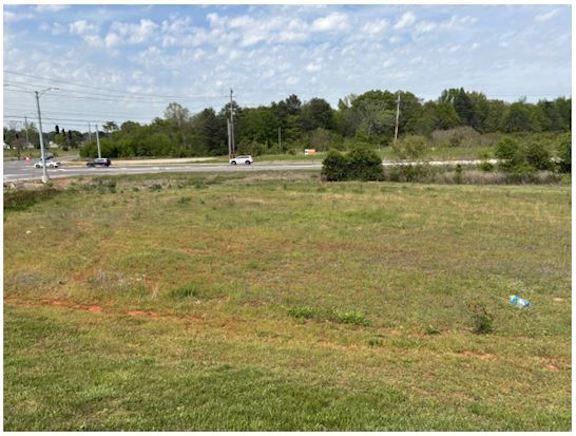HOME & GARDEN SPOT: Stop the invasion of weeds
Published 3:00 pm Wednesday, March 4, 2020

- Applying a preemergent herbicide in a timely manner is an important factor to controlling weeds. All weeds have a range in which plant germination begins, and applying the product before this is crucial.
Spring is the time of year when plants start showing their new life in gardens and lawns. Unfortunately, along with the new life of beautiful foliage, comes a common nuisance in lawns — weeds. However, homeowners do not have to suffer. Applying preemergent herbicides in a timely manner this spring can save lawns from these intruders.
Type of herbicide
Trending
When selecting a preemergent herbicide, it is important to select one that will get the job done.
“Products with the active ingredients pendimethalin, prodiamine or dithiopyr are effective in controlling crab grass in warm season turf,” said Tim Crow, an Alabama Extension home grounds, gardens and pests regional agent.
While crab grass is the most common weed in lawns, these three ingredients also control a wide range of other weeds.
Timing is important
Applying a preemergent herbicide in a timely manner is an important factor to controlling weeds. All weeds have a range in which plant germination begins, and applying the product before this is crucial.
Crab grass, for example, is a warm season annual weed and a heavy seeder. At the end of warm seasons and during winter, it disperses thousands of seeds into the ground. It then waits until the next warm season to plague a yard once again.
Trending
“Crab grass is the number one target weed for warm season turf grass in the South,” Crow said. “Depending on each particular spring, crab grass germination usually begins around late March and early April.”
He recommends people start applying preemergent herbicides in mid-February, ensuring protection before the germination process begins.
It is easier to control weeds now rather than later. Post-emergent herbicides have a much more limited availability than preemergent herbicides do.
Other lawn practices
Crow said other practices, along with applying preemergent herbicides, can help keep a lawn weed-free.
“Herbicides are a great weapon to have in our arsenal, but a healthy stand of turf is key for weed prevention,” he said.
Proper fertilization and diligent mowing practices promote a healthy lawn. If done properly, these practices will help ensure that weeds do not grow well in the yard.
More information
For help answering gardening questions, give the Master Gardener Helpline a call at 1-877-ALA-GROW (252-4769). This toll-free helpline connects people with a knowledgeable team of Master Gardeners.
— For information on topics related to the home and garden, contact any ACES office. The Limestone County Office is at 1109 W. Market St., Athens. Office hours are 8 a.m. to 4:30 p.m. Mondays through Fridays. For more information, visit www.aces.edu or call 256-232-5510.





